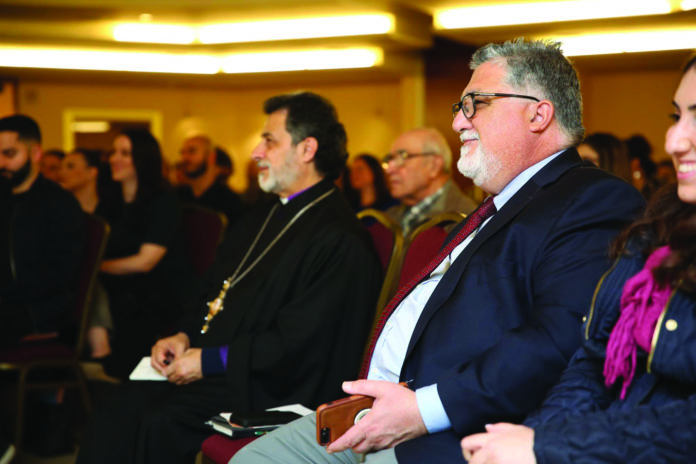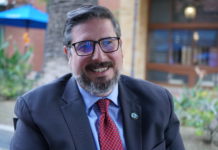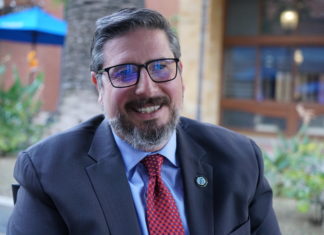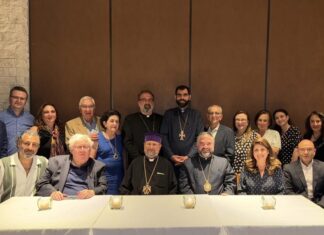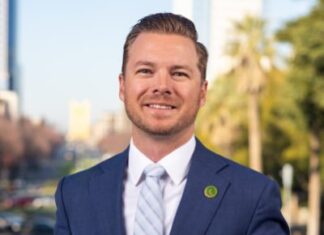By Taleen Babayan
LOS ANGELES — Forging a bridge to connect students with professionals and encourage mentorships is a vital undertaking for the Western Diocese and among its chief priorities. Through its innovative Nerouj program, the Armenian youth of the Los Angeles community are empowered through education, support and guidance as they build instrumental relationships that will navigate them in their professional and personal lives.
During its most recent panel, Climb Higher Heights, more than 100 high school and college students were exposed to qualified specialists who touched upon the relevant topics of career development, professionalism and spirituality on Sunday, February 10, at the Western Diocese in Burbank, , under the auspices of Archbishop Hovnan Derderian, Primate of the Western Diocese of the Armenian Church of North America.
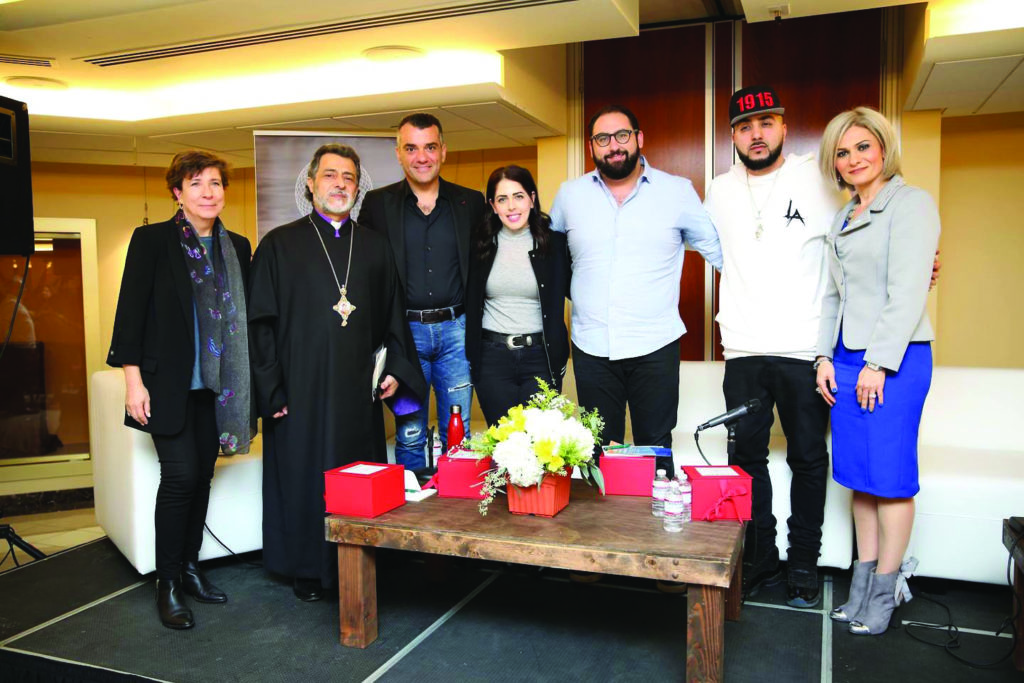
The panelists, including Harout Keuroghlian, owner and CEO of JohnHart Realty; Natalie Qasabian, independent film producer; Nerses Aposhian, director of content at JohnHart Realty and co-host of “The Founder Hour” podcast; R-Mean, rapper and pharmacist; and Armenui Amy Ashvanian, California Superior Court Judge, elaborated on their experiences in their respective fields in a thought-provoking discussion led by adept moderator Salpi Ghazarian, director of the University of Southern California (USC) Institute of Armenian Studies.
As generations churn and assimilation becomes more of a concern, the ability to bring the youth together matters more than ever. The success of Nerouj in its short history is a testament to the prescient vision of Derderian, who devised the program when he observed gaps and missed opportunities by community leaders to usher in the new generation.
“Through this mission, we send a clear message that the due respect and trust should be given to the youth, our young leaders, because they have the intellectual motivation and self-confidence to become successful and bring the community to a new level,” said Derderian. “We have to invite them so they will come.”



